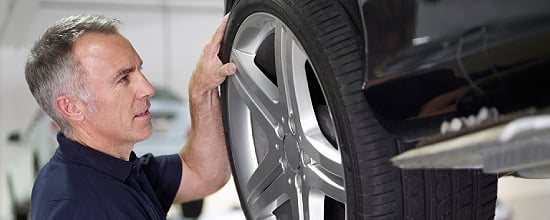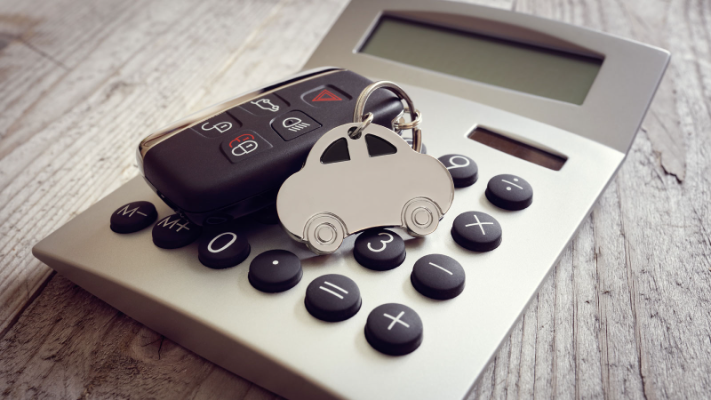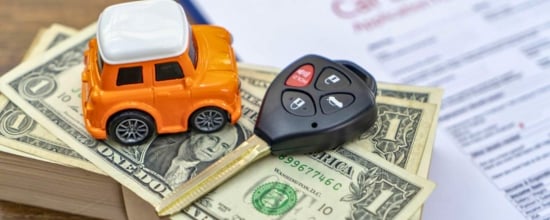1. Set Your Budget
Financial preparation is crucial before entering the private car market. A well-planned budget should account for not just the purchase price, but also insurance, maintenance, and potential repair costs. Financial experts recommend limiting total monthly car expenses to 15% of your take-home income.
Pre-approved financing can give you stronger negotiating power and better interest rates. Contact multiple lenders to compare offers, and consider setting aside an additional emergency fund for unexpected repairs. This comprehensive approach to budgeting helps prevent financial strain later.
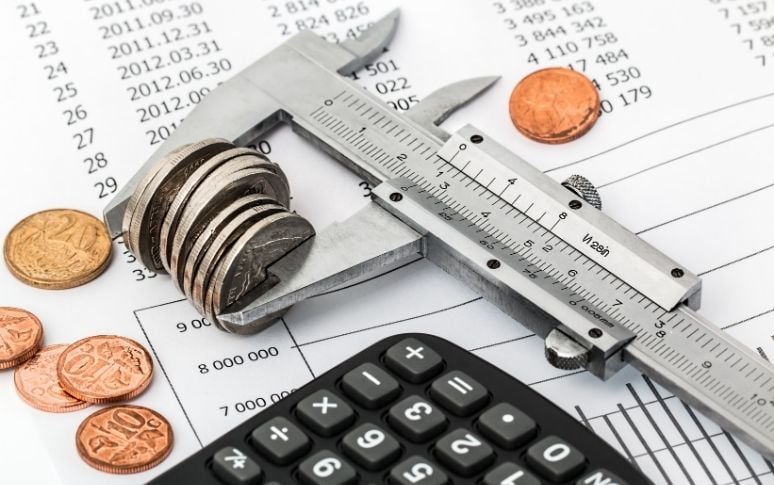
2. Research Cars in Advance
Thorough research is essential for making an informed purchase decision. Focus on models with proven reliability records and reasonable maintenance costs. Compare different years and trim levels to identify the best value proposition for your needs.
Use online resources to research common problems, recall histories, and owner reviews for specific models. Pay special attention to maintenance schedules and typical repair costs at different mileage points. This knowledge helps you avoid problematic vehicles and negotiate more effectively.
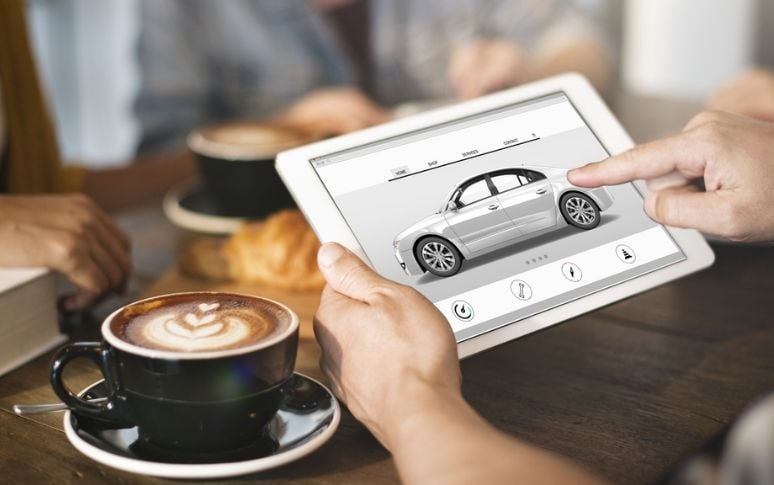
3. Search for Cars in Your Area
Local online marketplaces offer the widest selection of private sellers. You can search for used cars on our website or go to other popular platforms, including Craigslist and Facebook Marketplace. Many sellers now provide vehicle history reports to increase buyer confidence.
Create a systematic approach to your search by setting up alerts for specific models and price ranges. Compare similar listings to identify reasonable price points, and keep track of how long vehicles have been listed to gauge negotiating potential.

4. Make Sure the Price Is Fair
Market research tools provide crucial pricing insights. Compare prices across multiple sources, including private listings, dealership prices, and valuation guides. Consider factors like mileage, condition, and local market trends when evaluating prices.
Document your research findings to support price negotiations. Remember that private party values typically run 10-15% below retail prices, but exceptional examples might command premium prices. Be prepared to explain your offer based on market data.
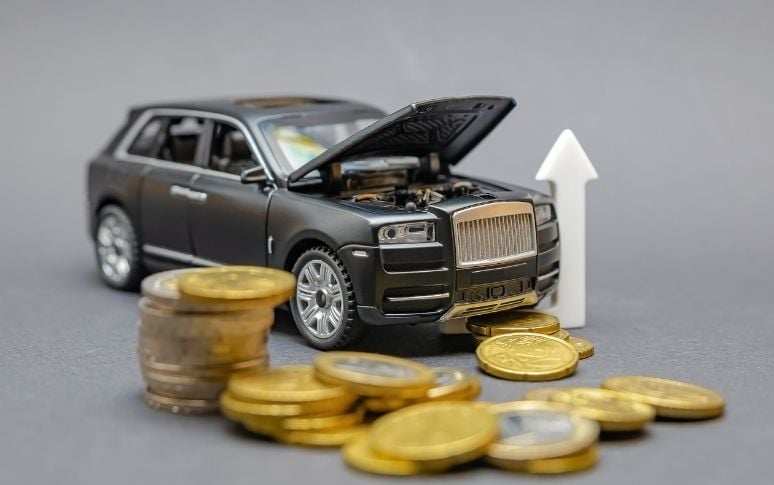
5. Check the Vehicle's History
A comprehensive vehicle history report is essential for revealing potential problems. Key areas to examine include accident history, service records, ownership changes, and title status. Reports can also verify mileage accuracy and reveal potential flood or fire damage.
Use the VIN to cross-reference information from multiple sources. Compare the seller's statements against documented history, and be wary of any discrepancies. This due diligence can prevent costly surprises after purchase.

6. Meet the Seller
Safety should be your primary concern when meeting private sellers. Choose public locations with good lighting and surveillance cameras for initial meetings. Bring a friend and maintain clear communication about meeting plans.
Evaluate the seller's professionalism and honesty. Ask detailed questions about the vehicle's history and maintenance. Be prepared to walk away if anything seems suspicious or if the seller is evasive about important details.

7. Inspect & Test-Drive the Car
Professional inspection is crucial before finalizing any purchase. Have a trusted mechanic perform a comprehensive pre-purchase inspection, which typically costs $100-$200 but can save thousands in future repairs.
During your test drive, check all systems thoroughly and note any unusual sounds, smells, or behavior. Test the vehicle under various conditions, including highway speeds and city driving. Document any issues for negotiation purposes.

8. Negotiate a Price
Effective negotiation requires preparation and confidence. Start by presenting your research on comparable sales and any issues discovered during inspection. Be prepared to explain your offer logically and remain professional throughout the process.
Have your financing and paperwork ready before making an offer. This demonstrates seriousness and can expedite the purchase process. Remember that cash offers often have more negotiating power than financed purchases.





